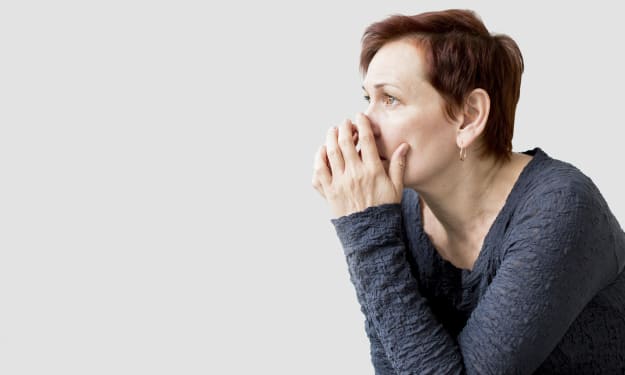Symptoms of Inattention and Women With ADHD
Attention-deficit hyperactivity disorder (ADHD), otherwise known as Attention Deficit Hyperactivity Disorder (ADD) is usually thought of as a childhood disease, but it often follows individuals into their adult lives. As it often does, ADHD affects more women than men. An estimated 5.4 per cent of men in the same age range have ADHD compared to three per cent of women, according to data from the National Comorbidity Study. In addition, women with ADHD are more likely to be pregnant, which may further increase the possibility of having other complications during pregnancy or after. Thus, it is necessary for women with ADHD to be carefully monitored during pregnancy and, if possible, while they are pregnant.

ADHD affects both boys and girls equally; however, boys are more likely to be diagnosed and treated since they are diagnosed earlier in life. When boys are diagnosed with ADHD, it is usually because they have neglected their schoolwork and socialization activities. In addition, girls are less likely to be diagnosed because they tend to perform better than boys in school and play more sports. Because both genders have the potential to have ADHD, females are diagnosed with this disorder at a young age and have more treatment options available to them than their male counterparts.
Men and women with ADHD share many symptoms. They can have trouble focusing, difficulty completing assignments, excessive time spending on tasks, nagging, and the inability to finish projects on time or a regular schedule. In addition, many women have a history of depression or substance abuse. Boys and girls who suffer from ADHD are also more likely to suffer from depression or substance abuse. Because these addictions create similar symptoms, it is important to be aware of the comorbidity (comparison) of these disorders to get an accurate diagnosis for each patient.
Both men and women with ADHD experience anxiety disorders. In women, generalized anxiety disorder is more common and occurs in nearly 20 per cent of women with ADHD. This disorder is characterized by excessive worry, tension, and apprehension without a rational basis. In general, women with this disorder are afraid to attend social events or go out to work because of their symptoms. Women with GAD can be easily recognized by the consistent presence of symptoms such as intense excitement over little things like getting married; going to a social event without necessarily having to do something exciting; constant fretting about things that should not bother her; feeling agitated and out of control over small, seemingly insignificant things; and the need to escape from reality.
Women with ADHD can be very perfectionist when it comes to relationships. In adults, this trait is common, but women with ADHD tend to be especially perfectionistic because of their symptoms. In addition to their tendency to put too much importance on looking good and pleasing others, women with ADHD also have a difficult time accepting that things are not perfect and that they are not meeting the expectations of others. Because of their attention deficit disorder and hyperactivity, women with ADHD often have difficulties with organizational skills and are unable to relax and take a break when things get stressful.
Women with ADHD have problems with impulsivity. Impulsivity is defined as an action that is unexpected and occurs without prior consideration. This characteristic may increase the stress and frustration of women with ADHD and interfere with day to day activities. Women with ADHD have difficulties with planning, completing tasks, and staying organized. They are unable to plan and they do not develop better-coping skills than women without ADHD.
Women with ADHD may also experience depression because of their symptoms. Depression is defined as a significant decrease in the ability to function normally, combined with feelings of sadness and worthlessness. Women diagnosed with ADHD are less likely to be happy with their diagnosis and their symptoms. They often feel like giving up and living the life of a monk, which can hinder their career choices and make them feel unmotivated.
In addition to the symptoms of inattention, hyperactivity, and impulsivity, women with ADHD have other traits that can make them more likely to have symptoms throughout their lives. They are more likely to be mothers; they are less likely to have completed high school; and they are more likely to have suffered from coexisting conditions, such as heart disease and obesity, as well. Women with ADHD are more likely to develop substance abuse and other problems. Women with ADHD are 5 times as likely to commit suicide after being diagnosed.
If you would like some further guidance and support on managing your ADHD, then you should contact your local experienced ADHD specialist for an in-depth ADHD assessment to improve your understanding of the disorder and to know what treatment method is fit for you or them.
About the Creator
Cynthia Dean
I write an article that is related to my experience so that people who read my articles may know how to handle such difficulties in life.
Location: London, United Kingdom
Website: https://www.adhdcentre.co.uk






Comments
There are no comments for this story
Be the first to respond and start the conversation.